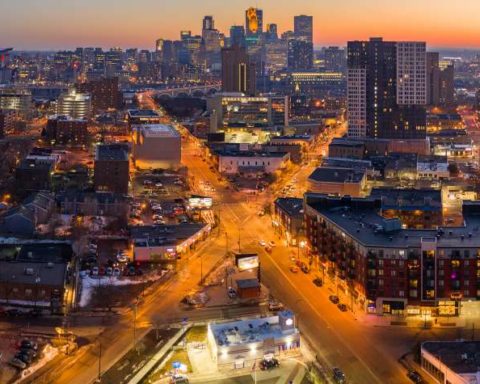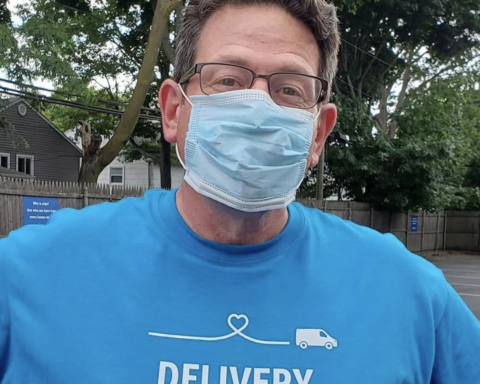Viveca Chow, a Broadway Actor, walked inside a midtown building, ready for an audition for a Broadway Musical. When she did, the casters had a surprising comment in store.
“I have received a lot of comments from white casters that are saying casting people of color is like a trend,” Viveca says. “And they say straight up to my face, ‘You must be getting a lot of jobs right now, because you know, casting people of color is like a trend.” This seems crazy, right? Well, it happens pretty often to Viveca. She and so many other actors of color face many obnoxious comments and microaggressions all throughout their career. They may be on stage, but they’re still human and it doesn’t mean that they don’t deal with racial problems.
“I’ve experienced something called microaggressions.” She said. “That’s a less direct version of racism. Microaggressions are when people are not TRYING to be racist, but what they say is racially insensitive.” Viveca explains. Microaggressions are kind of like racism planted into people’s heads by society. Generally, when someone commits a microaggression, they don’t think of themselves as a racist person—racist thoughts have just been stacked into their heads. People of color in theater have not been keeping quiet during this time, especially.
You probably will recognize the name Renee Elise Goldsberry. That’s because Goldsberry, an African-American Tony-Award-Winning actor, played the part of Angelica Schuyler in the original cast of “Hamilton.” She’s been posting buckets of pictures of her whole family at protests.
Goldsberry hasn’t been keeping quiet and neither has Jordan Fisher, who played Evan Hansen in “Dear Evan Hansen,” Holden Dippledorf in “Liv and Maddie” and the pizza dude in the Dominos ad that we all enjoyed during the Super Bowl. He’s also recently posted about the BLM movement on his instagram page. It took him a bit of time to get there, but he did make several posts.
“I’m going to be totally honest. I have played it safe and not entered the conversation around public issues,” Fisher admits. However, he knows that he can’t do that anymore if there’s going to be any change. “I can no longer stay silent or I then become a part of the oppression and the problem. I hear you. I see you. I am holding myself accountable today as all of us should. As one of the lucky ones who has breath in their lungs, I’m going to use it to be loud!” he exclaims. “#BlackLivesMatter, #ICan’tBreath.”
At least some Broadway stars are taking part in the Black Lives Matter movement. However, do they have a specific required role because they’re in theater?
“I think we should all take on the roll of raising awareness to, first and foremost, our own experiences.” Viveca says, implying that we all should be doing something for the cause, in theater or not. “I think we should take on the role of bridging the divide. What this means to me is starting these important conversations with family or friends. I think that there’s something really powerful about social media activism, but that’s very controversial because just because you’re loud on social media doesn’t mean you’re doing the work internally. And I think that as a person, that when you see these injustices happening around you, you need to speak up about it, especially if you are a person of power and privilege.” Lots of people who are in theater do have power and privilege and have started to take action. Viveca says that that power can come to your advantage. When you know people will listen, why would you just sing a cheesy love song, when you really have an opportunity to make a difference?
Here’s the cool thing, though: people in theater do have an advantage, but they’re not the only ones who can make a difference! Sure, you, yes you, the reader of this article, aren’t famous, but there are so many ways you can make a difference for the Black Lives Matter movement. Viveca has a couple suggestions.
“If I were to say one thing to white people, it’s that it’s not a person of color’s job to educate you, there are plenty of resources on Google. There’s a difference between going up to ask them without research and going to a person of color to clarify.” So do your research, and do it well!
She adds, “I don’t need anyone to feel guilty about my experiences, just be the change.” It doesn’t help her in any way to feel bad for her, but you know what does help her? Making a difference. It can be as simple as making a sign, going to a protest. It’s as simple as spreading awareness on social media…it’s as simple as taking the time to do the research, read an article. It’s as simple as making a petition. It’s as simple as standing up for the BLM movement. It’s as simple as listening to what your friends from different backgrounds might have to say, or listening to their experiences. so you, yes you, go be the change.







